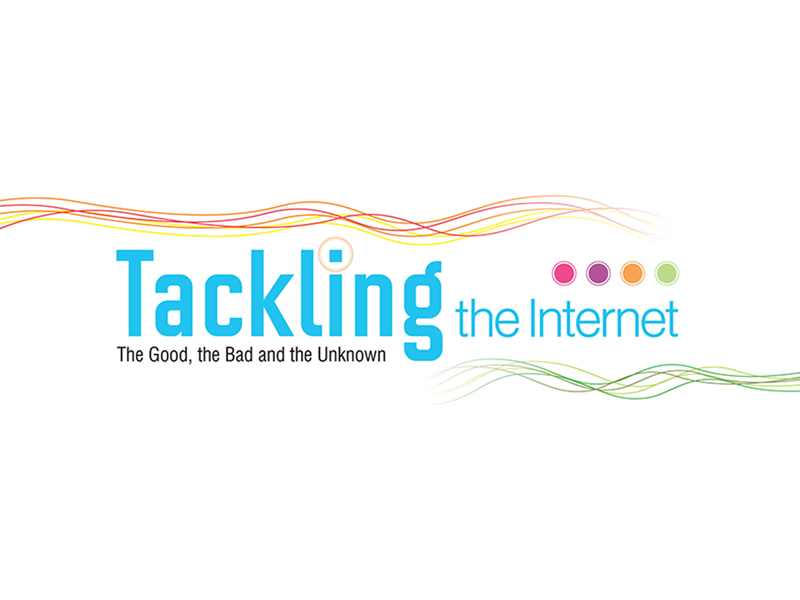With the advent of the digital age, it is imperative, now more than ever, for individuals of all ages to become digital-savvy in order to leverage the opportunities of tomorrow. Be it in school, your job or even to run a home business, tech capability is a vital node in one’s skillset. This learning curve now begins at tender ages, where children are taught digital skills in classrooms, making a computer or network-enabled device a part of their day-to-day life.
The Internet is a precarious playground. Today, with accessing online content is easier than ever before, parents have to be very careful when it comes to kids’ online activity due to increasing child predators, pornography, cyberbullying, online drug peddling, social media misuse and incidents of online grooming. According to a survey done by many international agencies, the teenage suicide rate is increasing due to cyberbullying; and many crimes related to child exploitation take place through the Internet. However, with ICT being taught in schools as a vital subject, not having access to the Internet at home is out of the question. So What is the solution?

Marketed and distributed by Exire Technologies, Fingbox is the most awaited solution for parents of growing children. Today, Internet access for children is a must as schools demand online research for assignments and projects. However, by giving full access to the Internet, parents will expose children to unknown dangers and unlimited cyber roaming. Fingbox allows parents to control their home Internet from anywhere in the world via their mobile: they can limit Internet access, block smart-phone, tabs, games consoles and unwanted websites, check who is using the Internet most, and see what other devices are trying to access the network through digital fencing.?
Fingbox can also give reports to parents on what websites their children are accessing and how often and how long they are on the Internet. Fingbox not only protects your home from online dangers but can also guard small businesses against intruders and unauthorized devices trying to access classified information or use your networks. The productivity of many small businesses is drastically diminishing due to unnecessary social media use and cyber threats. This technology can prevent such problems from occurring.
A noteworthy point of Fingbox operation is that everything can be controlled and monitored from a mobile phone. Fingbox is a plug-and-play system that can be installed by anyone. It’s just a matter of plugging the unit to your everyday router and using the features from the mobile application.
The effect of crime has multiplied with the access of internet, with children being mostly in danger. We must protect what matters most to us. Fingbox solution can help us save our children. As a company, Exire Technologies is committed to addressing the growing social need for protecting children online, which is often unnoticed by the telecommunication industry.




